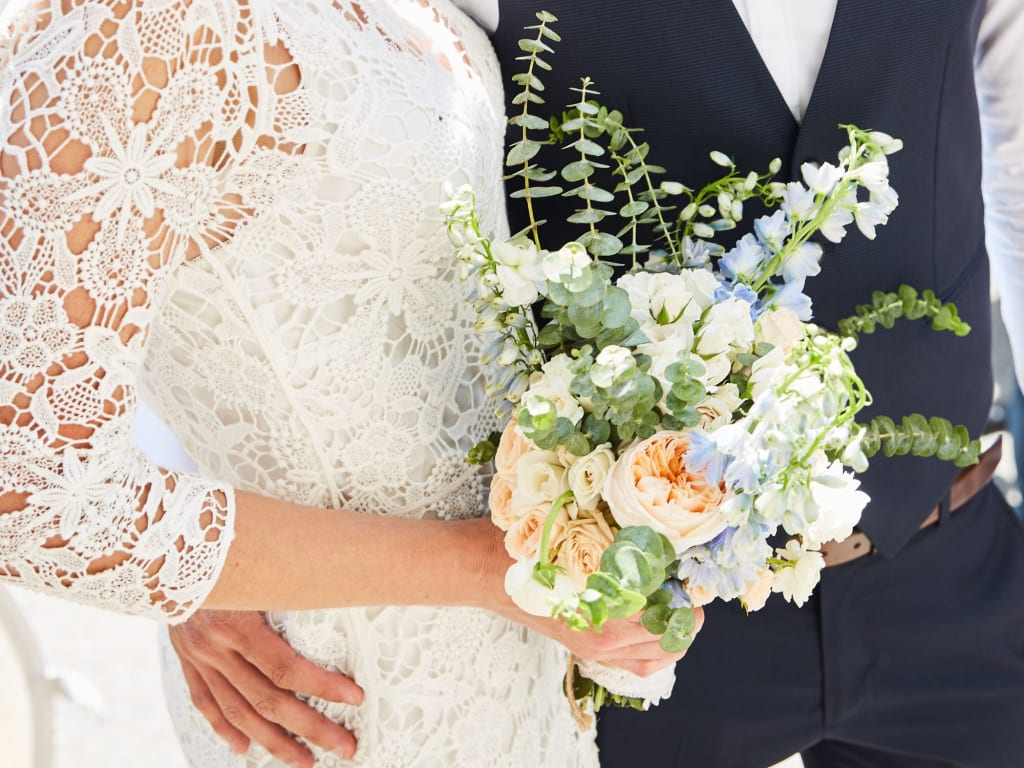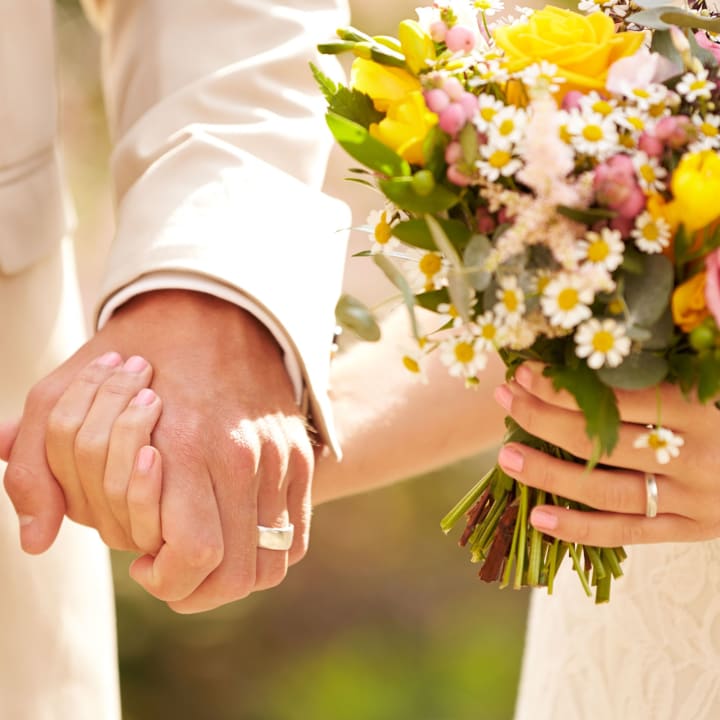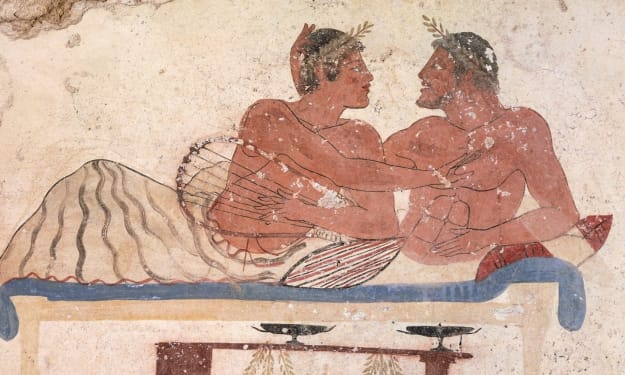Is Marrying for Love a Modern Concept?
If you go back into history, you learn the many reasons why people engaged one another in marriage – and marrying for love had little to do with anything.

Marrying is, for many, that step in a romantic relationship where things get serious. It is a time honored tradition, one of holy (or legal) union between two people who love each other very, very much.
One might even be forgiven for thinking that marriage has always a union of love, but you would be very much mistaken. Though many might not realize it, the modern concept of marrying for love is just that: modern. If you go back into history, you learn the many reasons why people engaged one another in marriage – and love has little to do with anything.
Marrying for Money

Marrying for money today may be frowned upon, but, back in the old days, this was the main reason people married. Marrying for love is a modern concept, after all.
Of course, it was expected that all people united in a married union, but it is important to understand that, when two kids (as marriage became an affair for progressively younger people the farther back in history you go) married, the families also became bound in the union.
This often meant that money would be exchanged.
Often, it would be the goal of any father to wed their daughter to a rich man, so that not only his daughter would be well-taken care of, but also so that his own house would receive financial support.
Of course, the rich man and his family would want to marry a wealthy girl to elevate their own wealth. And a wealthy daughter would seek a richer husband –
And so on.
The point is that money had a huge part to play, as, for many, it was one of the core ways to earn money. Only the peasants and lower class worked for wages.
Marrying for Politics

Of course, you would assume those with wealth would have no reason to marry for money. Many marriages among the elite were motivated by not just money, but also political authority.
The nobility and aristocracy often married into other families with power in order to better secure their power. These marriages could lead nobility into rising the ranks, until they may exert control or influence on larger political organizations.
Consider the Medici Family. The Medicis, first a family who made their fortune through banking, married their way throughout all of Italy's power structures, eventually using their political influence to bring a small dynasty of princes and popes.
Consider the Tudor Family, who, following the devastation of the War of the Roses, used their unions through marriage to assume command of the throne.
Was any love involved with this process, or is marrying for love a modern concept? No, their marriages unified houses to gain financial and political power. Love had little to do with anything.
What About Love?

Stories of courtly love from that era had little to do with marriage. If you look at the literature of the era, the biggest conflict for love often ended up being marriage.
Consider the story of Lancelot and Guinevere. Sir Lancelot, King Arthur's greatest night, falls in love with Guinevere, who is the King's bride. Marriage here is an obstacle for their love, which, ultimately, brings about Camelot's downfall.
Romeo and Juliet can never marry one another due to their warring families. While they marry in secret, Juliet is still set to be married to Paris for political purposes (though it appears Paris does care for Juliet). In the end, characters die as a result of the divide between House Capulet and Montague.
Even going as recently as Jane Austen's romantic Pride and Prejudice, marriage for love is seen as a dream, and not as a reality. With Mr Bennet's finances crumbling, he is forced to arrange marriages with his daughter that are financially feasible. Remember, Elizabeth isn't supposed to marry Darcy. She's supposed to marry Mr. Collins.
In all these stories, love either leads to death or only triumphs because love and marriage obligations can be fulfilled (Elizabeth would never have been able to marry Mr. Darcy if Darcy wasn't rich).
Clearly, marrying for love is a modern concept.
The concept of marriage only comes about during the Romantic Era, where humanity and nature became a priority among the people of the world. And, even then, things developed gradually and slowly.
Combine that with the marketing of the wedding industry, and mindsets change.
Also, people work for their money now. Though there are still "gold-diggers" who marry for cash and cash alone.
About the Creator
Anthony Gramuglia
Obsessive writer fueled by espresso and drive. Into speculative fiction, old books, and long walks. Follow me at twitter.com/AGramuglia






Comments
There are no comments for this story
Be the first to respond and start the conversation.